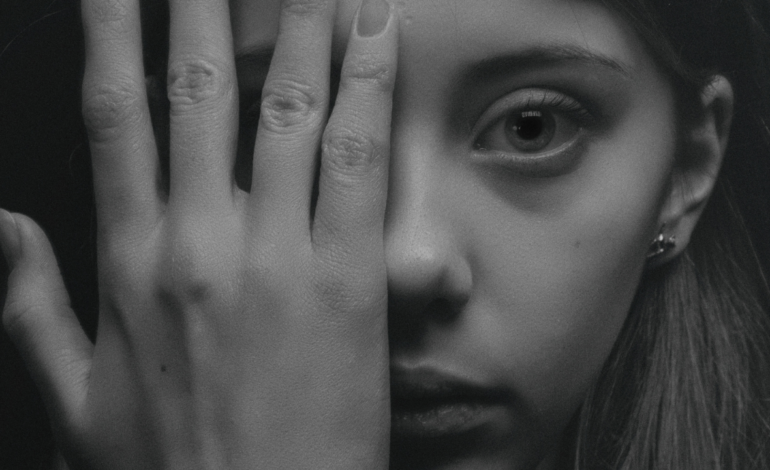Dysfunctional Family Roles

In this article, we’ll explore how children in troubled family roles to manage family issues and stress.
Dysfunctional Family Roles
Dysfunctional family roles are like jobs or behaviors that children adopt to handle problems at home, such as addiction or other challenges.
These roles help children navigate difficult family dynamics and cope with emotional turmoil.
Read more: HopTraveler: A Travel Guide
Origins of Dysfunctional Roles
Therapists first noticed these roles in families dealing with addiction or other issues. Kids might adopt these roles to cope with their parents’ problems.
For example, a child might become the “hero” by excelling in school to divert attention from family issues, or they might become the “scapegoat” by acting out to draw attention to underlying problems that the family ignores.

Common Family Roles Explained
The Hero
This child strives to make the family look good by excelling in academics, sports, or other activities.
They often shoulder responsibilities beyond their years and ignore their own needs to maintain the family’s facade of normalcy.
The hero believes that their achievements will fix the family’s problems and earn them love and validation.
The Scapegoat
The scapegoat is often the family’s “problem child.” They are blamed for everything that goes wrong in the family.
The scapegoat may act out in rebellion or withdraw from family interactions as a way to cope with feelings of rejection and unfair treatment.
Their behavior often highlights underlying issues within the family that others refuse to acknowledge.

The Lost Child
This child is quiet, withdrawn, and often overlooked within the family dynamic. They avoid conflict and try to become invisible to escape the chaos at home.
The lost child daydreams and may develop a rich fantasy life as a way to cope with feelings of loneliness and neglect.
They struggle to assert their own needs and may have difficulty forming meaningful relationships later in life.
The Mascot:
The mascot uses humor and positivity to lighten the family’s mood and diffuse tension.
They crack jokes, act silly, and try to keep everyone happy to avoid facing deeper family issues.
The mascot may struggle with their own emotions and rely on humor as a defense mechanism to mask feelings of anxiety or sadness.
The Caretaker/Enable
This child takes on adult responsibilities to care for others in the family, often at the expense of their own well-being.
They may mediate conflicts, soothe emotional outbursts, and take on caregiving roles for younger siblings or even their parents.
The caretaker/enabler believes that their actions will maintain peace and stability within the family, but they may neglect their own needs and struggle with boundary-setting in relationships.
The Golden Child
The golden child is favored and praised by their parents. They are held to high expectations and may receive special privileges and attention.
The golden child may feel pressured to uphold their perfect image and meet their parents’ unrealistic standards.
They may struggle with feelings of guilt and inadequacy if they fail to live up to these expectations.

Impact of Family Roles on Children
Children in these roles often experience lasting effects on their self-esteem, relationships, and mental health.
They may carry these roles into adulthood, influencing how they perceive themselves and interact with others. For example, heroes may struggle with perfectionism and anxiety, while scapegoats may battle with feelings of anger and rejection.
FAQs
What are dysfunctional family roles?
Dysfunctional family roles are behaviors that children adopt to cope with family problems, such as addiction or dysfunction. These roles help children navigate challenging family dynamics and manage stress.
Why do children take on these roles?
Children may take on roles to seek approval, avoid conflict, or maintain stability within the family. These roles often develop as a way to cope with emotional turmoil and dysfunction at home.
Can these roles change over time?
Yes, roles can change as families evolve or children mature.
A child may shift roles depending on changes in family dynamics or their own personal growth and development.
What if my family isn’t dysfunctional but I relate to these roles?
Many people identify with traits of dysfunctional family roles, even in families without obvious dysfunction.
These roles can emerge in response to various challenges or stresses within any family environment.
How can someone overcome the impact of these roles?
Recognizing and understanding these roles is the first step toward healing.
Therapy and support can help individuals explore how these roles have influenced their lives and develop healthier coping strategies and relationships.
Conclusion
Understanding dysfunctional family roles provides insight into how children adapt to challenging family environments.
Whether they are heroes striving for perfection or scapegoats acting out, these roles shape children‘s experiences and influence their adult lives.
Recognizing these roles can empower individuals to seek support, heal from past wounds, and build healthier relationships in the future.




